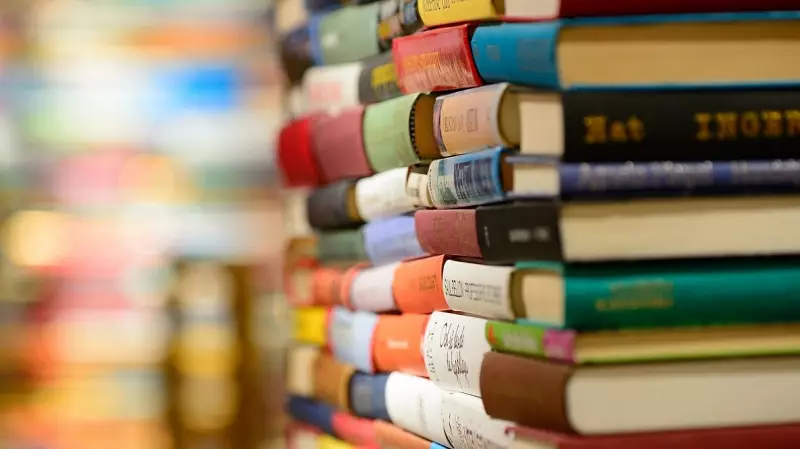
In a troubling development for India's literary landscape, major publishing houses are increasingly choosing compliance over courage, engaging in widespread self-censorship that threatens the very foundation of free expression.
The Chilling Effect on Indian Publishing
Recent incidents reveal a pattern where publishers are preemptively altering or withdrawing manuscripts that might attract governmental scrutiny. This isn't just about avoiding controversial topics anymore—it's about rewriting history, softening criticism, and sometimes completely silencing important narratives.
When Business Trumps Principles
The driving force behind this alarming trend appears to be purely commercial. Publishing executives, fearing potential backlash that could affect their entire business operations, are making calculated decisions to prioritize market stability over editorial integrity. The result? Important works that challenge power structures or examine uncomfortable truths are being diluted or disappeared entirely.
The Invisible Censorship Machine
Unlike official bans that make headlines, this form of censorship operates in shadows. Manuscripts are rejected during acquisition meetings, legal departments flag "problematic" content, and editors suggest "modifications" that strip works of their critical edge. The most dangerous aspect? This censorship leaves no paper trail.
Case Studies That Should Concern Every Reader
- Academic works on sensitive historical events being substantially edited
- Biographies of political figures undergoing "fact-checking" that removes critical analysis
- Fiction manuscripts being rejected for containing themes that might be "misinterpreted"
- Translations of international works being altered to suit domestic political sensitivities
The Ripple Effect on Indian Democracy
When publishers abandon their role as guardians of diverse thought, the impact extends far beyond the literary world. A healthy democracy thrives on robust debate and access to multiple perspectives. By sanitizing content, publishers are effectively limiting the intellectual tools citizens need to make informed decisions.
What Readers Can Do
- Support independent publishers who continue to take risks with challenging content
- Demand transparency from major publishing houses about their editorial processes
- Celebrate courageous authors who refuse to compromise their vision
- Engage with banned or controversial books to understand what someone doesn't want you to read
The battle for India's intellectual freedom is being fought not just in courtrooms and parliament, but in the quiet offices of publishing houses where decisions about what Indians can read are being made every day. The question remains: will commercial interests permanently silence the letters that challenge, provoke, and ultimately enlighten?





